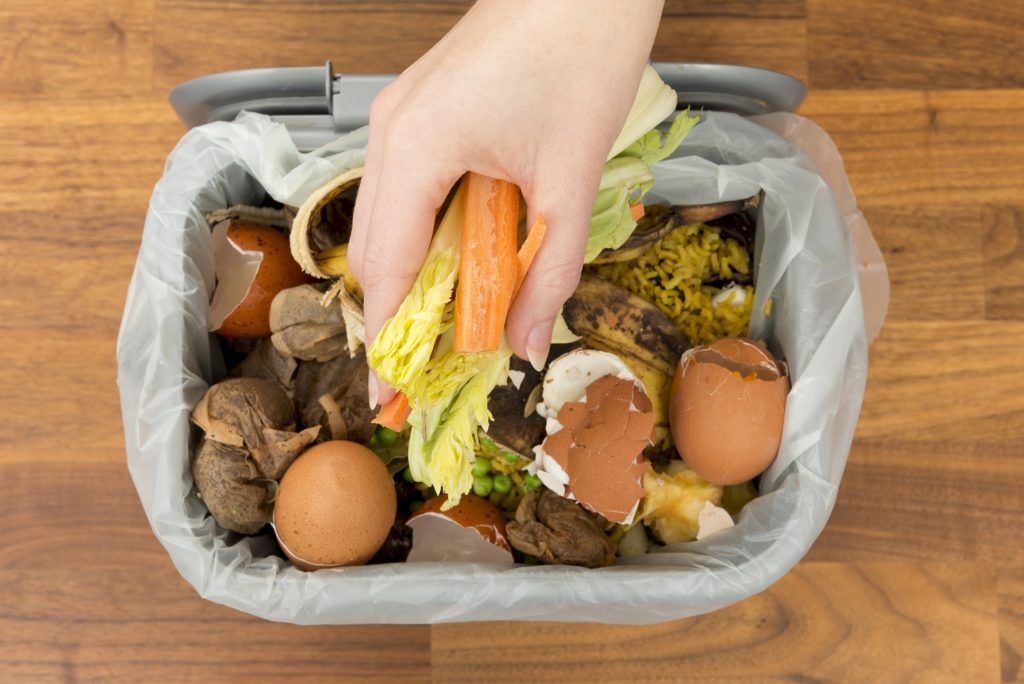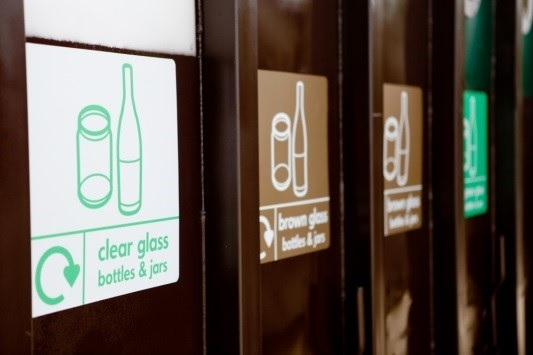This comes with the sector under some pressure due to issues such as self-isolation and a national shortage of drivers and, in some cases, collection operatives.

Intended for local authorities and other waste collectors in England, the guidance, published on 23 July, becomes relevant when there is “unexpected pressure on resources”, Defra says.
In a statement, Defra said: “The first duty of any local authority is to protect the health of staff and residents. Many local authorities already have contingency plans which should be taken into account in service planning.
“Any prioritisation of waste collection services must be temporary. Some of the recommendations in this guidance may not be appropriate for all local authorities. Local authorities should maintain services as much as possible to prevent any build-up of waste that could be harmful to public health.”
Defra published similar non-statutory guidance helping local authorities and other waste collectors prioritise and maintain their waste collection services during the coronavirus pandemic in April 2020.
Priorities
Local authorities must maintain residual or ‘black bag’ collections, Defra says in its guidance. If they can, local authorities should also maintain separate collections of food waste and dry recyclable materials. If resources or staff availability are under “severe” pressure, councils may need to change or close services temporarily.
Local authorities must maintain residual or ‘black bag’ collections – Defra
It is the responsibility of local authorities to tell residents “clearly” how and when waste collection services are changing, the department says. This includes changes in days and how often waste will be collected.
Reallocating appropriate staff from other parts of the local authority or waste collection company to maintain the minimum statutory service should be considered, Defra says.
High priority
Defra has classified waste services from high to low priority. High priority services are the most important and should continue as normal, whereas it says there would be minimal or no disruption if low priority services were suspended.

Defra classifies residual waste collections as high priority, because if the service was stopped putrescible waste could build up and become a risk to human health. To maintain the service, local authorities should reallocate staff from other areas, if possible.
Food waste collections are classified as high priority, because there is a bioaerosol risk if food is left for several weeks, Defra says. The government department claims it is easier to maintain food waste collections than other services because crew numbers per vehicle are lower.
Collections from care homes, dedicated collections of clinical or absorbent hygiene product waste, assisted collections and tackling fly-tipping are also considered high priority services.
Medium priority
Medium priority services are important, Defra says, although residents are “less reliant” on them.

Fortnightly dry recyclable collections are classed as a medium priority service. Defra says that if recyclable material builds up at households, more dry recyclables could end up in residual waste. If necessary, local authorities should consider changing the frequency of collections, rather than stopping collections altogether.
Household waste recycling centres (HWRCs) are considered a medium priority service. The department says local authorities should ensure they have enough staff working at the HWRC site for health, safety and security reasons.
Trade waste collections are of medium priority. Local authorities should review their collection schedule and provide reduced a frequency service to low volume, low risk customers, Defra says. Local authorities could also promote local subcontractors.
It adds that bring sites are considered low to medium priority and should be maintained “if possible”.
Low priority
Defra considers garden waste and bulky item collections and deliveries of replacement containers to be low priority services.
In contrast to fortnightly collections, weekly dry recyclable collections are also considered low priority. This is because local authorities could consider changing the frequency of their collections to fortnightly.
Related link
Waste collection services: guidance for local authorities











Subscribe for free